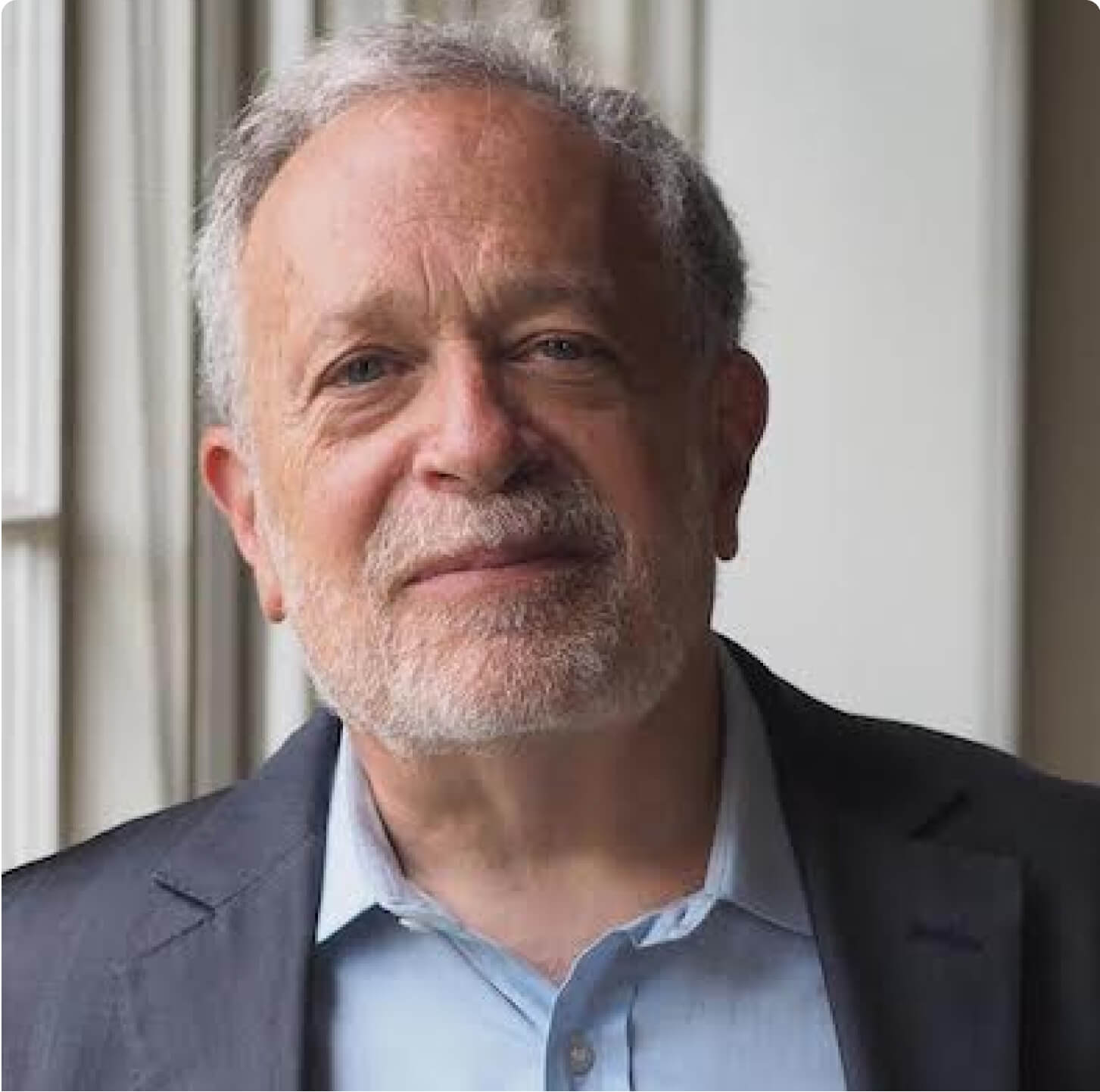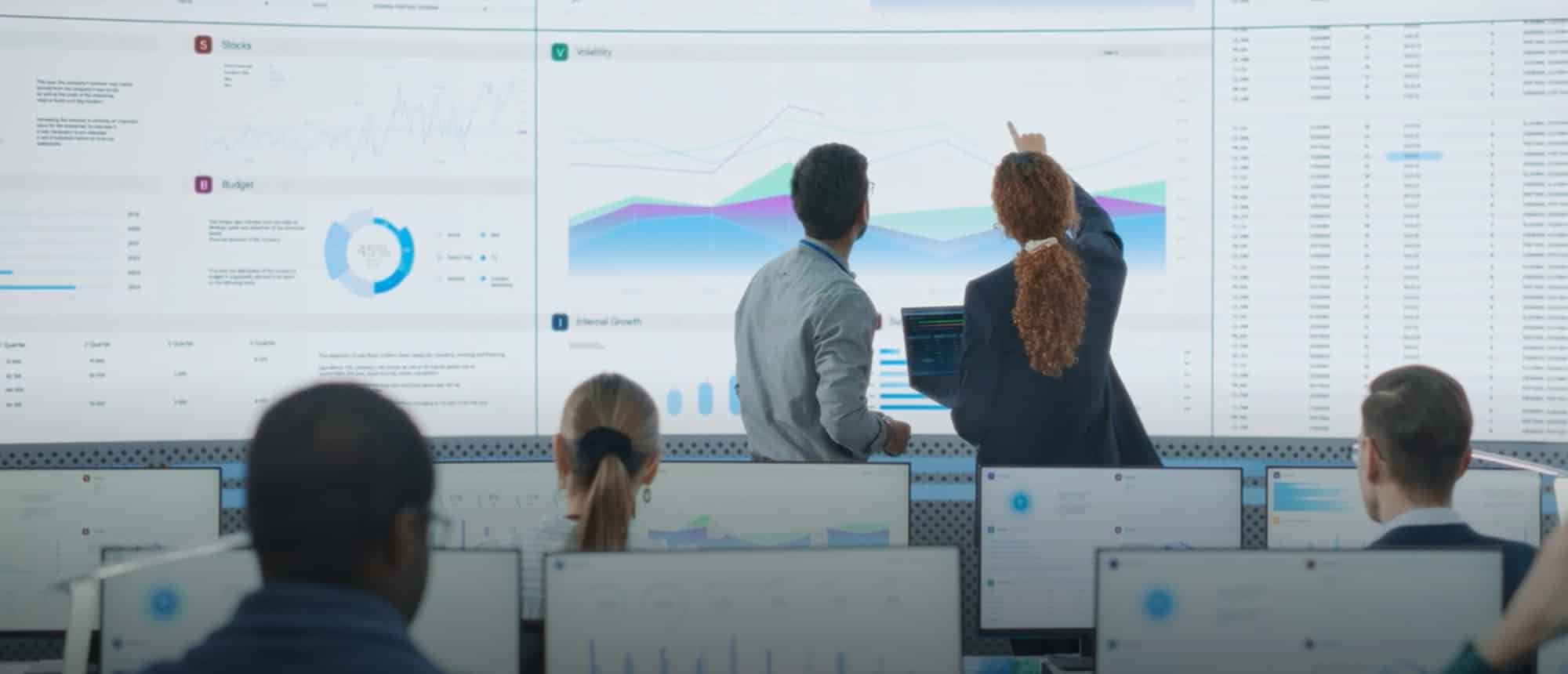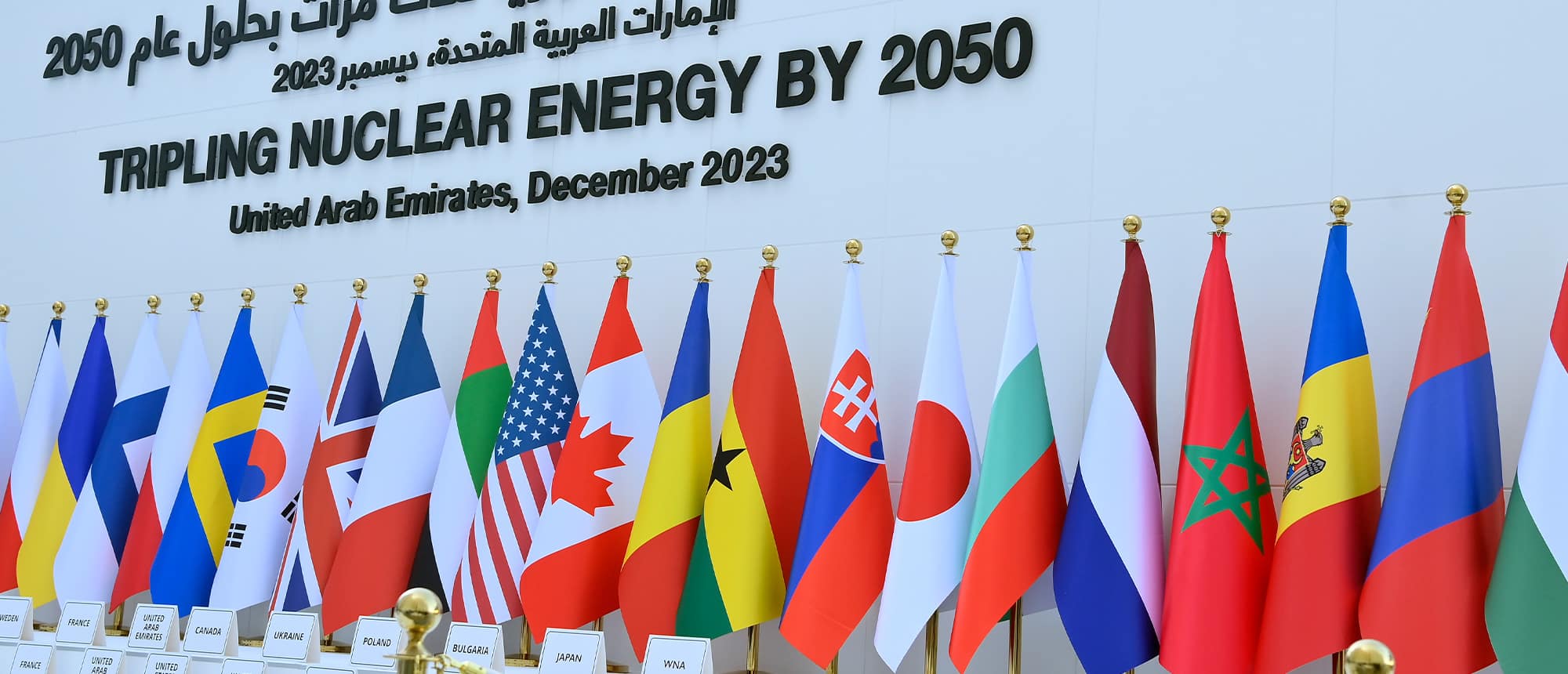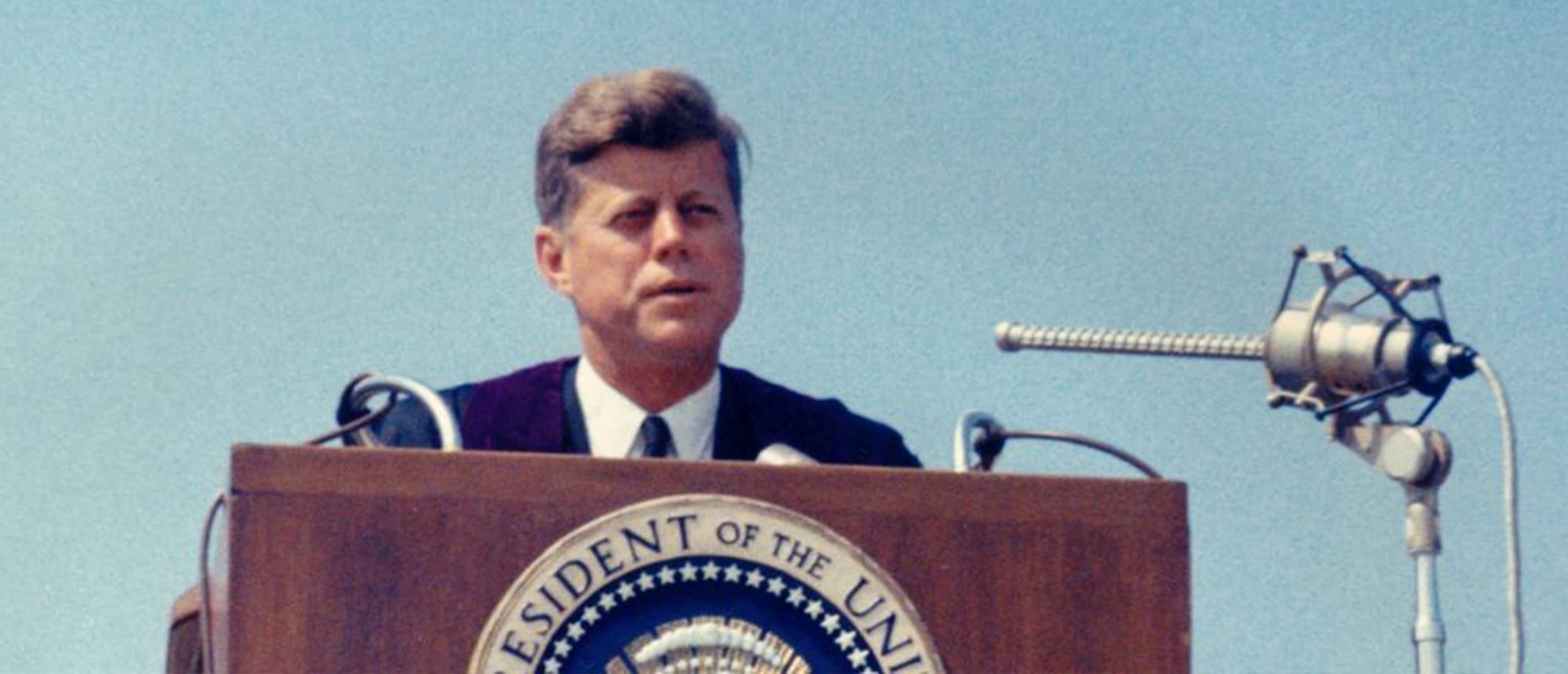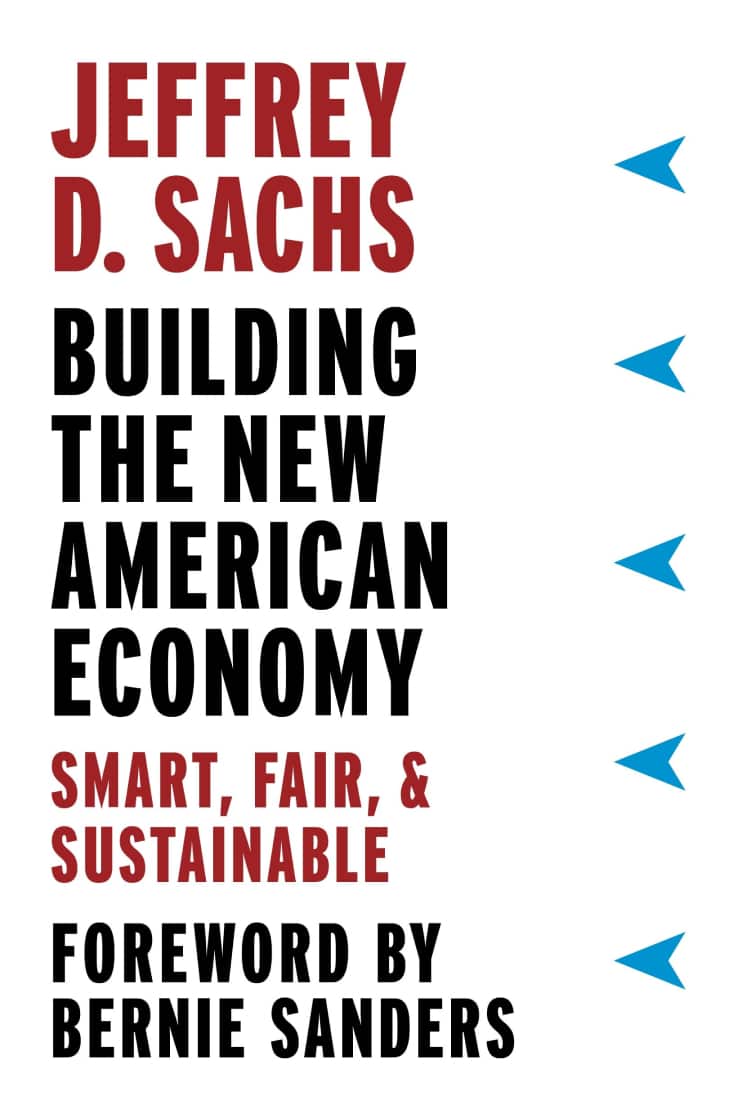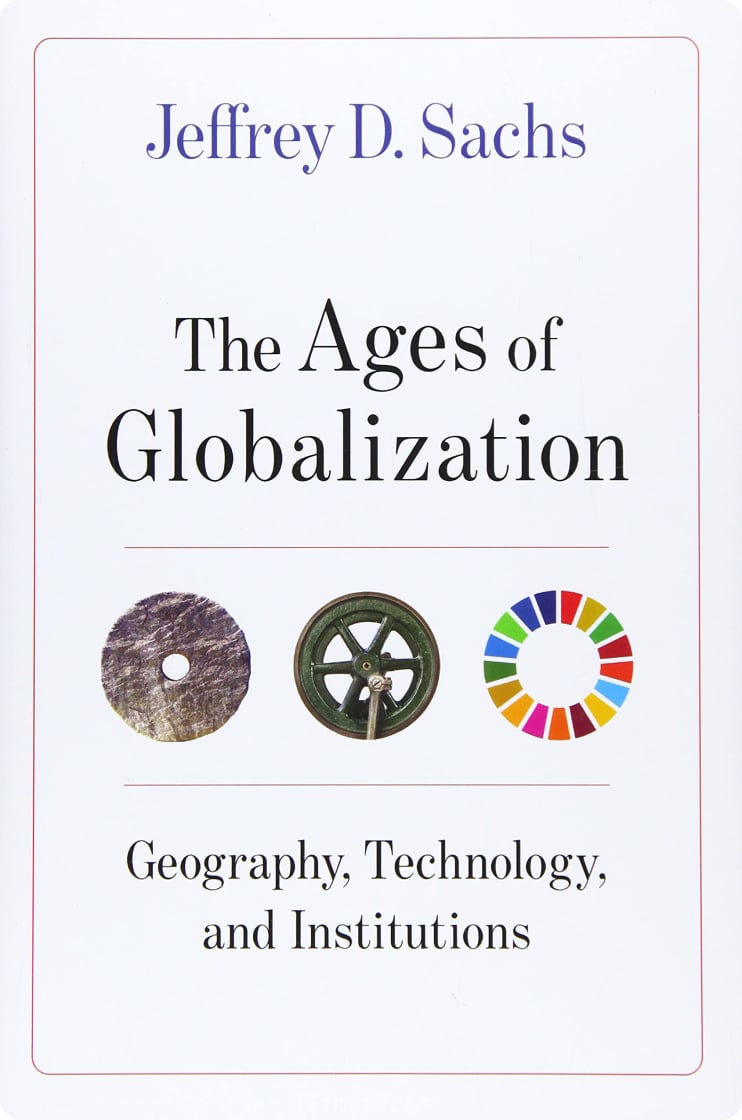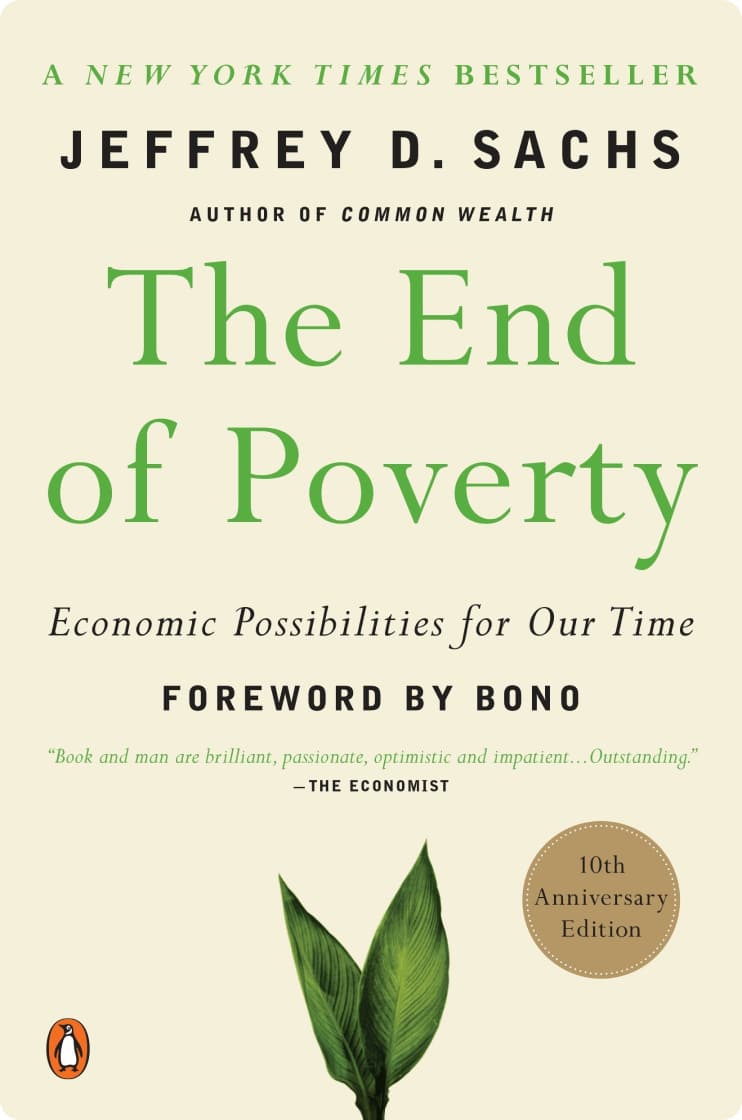Who Will Win And Lose The AI Revolution?
As artificial intelligence advances, it poses an even bigger threat to all kinds of workers.
Former Secretary of Labor Robert Reich warns that AI will not just displace manufacturing jobs, but also workers in the knowledge economy.
Reich also predicts AI will be able to perform many professional jobs at least as well as humans and far more efficiently, leading to widespread job losses across the workforce.
Columbia University economics professor Jeffrey Sachs predicts workers will need to adapt to new skills and roles to thrive in the changing economy.
“A lot of people are going to find that the jobs that they had been remunerated for in the past are not going to be the jobs in the future,” said Sachs.
Watch the below video to see the full interviews with Jeffrey Sachs and Robert Reich.
Moody’s Analytics chief economist Mark Zandi, however, cautions against overreacting to the potential job displacement caused by AI. Zandi points to past examples of game-changing technologies that took years, even decades, to fully integrate into business practices. He suggests AI will follow a similar pattern, gradually affecting the job market over an extended period.
“Generally, it happens over periods of several years, even a couple decades,” said Zandi.
According to economist Mariana Mazzucato, a professor at University College London, inclusive and sustainable growth is particularly important in the context of AI, as these technologies have the potential to exacerbate existing inequalities if not carefully harnessed.
“How can we make sure these algorithms take into account issues that we know we care about?” said Mazzucato. “What kind of planet do we want to be living on? What kind of growth do we care about? Is it just growth for growth’s sake? Or is it inclusive and sustainable growth?” she asked.
– Above text by Jack Hillyer

